Aging is a journey not just for humans, but for our beloved feline companions as well. Have you ever looked into your older cat’s eyes and noticed a trace of sadness, confusion, or even a spark of the kitten they once were? The golden years bring both wisdom and challenges, and emotional changes are often overlooked in the whirlwind of vet visits and dietary adjustments. If you’ve ever wondered how to truly comfort your senior cat’s heart, you’re not alone—many cat lovers find themselves searching for answers when their faithful friend seems more withdrawn, anxious, or needy. Let’s explore the many heartfelt ways you can support your older cat’s emotional well-being, ensuring their twilight years are filled with warmth, understanding, and love.
Recognizing Emotional Shifts in Senior Cats
As cats age, their behavior may shift in ways that surprise even the most attentive pet parents. Some older cats become more affectionate, while others withdraw or seem grumpy. You might notice changes in their sleeping patterns, appetite, or even the way they play. These signs can be subtle at first, like a favorite nap spot changing or a sudden reluctance to climb. Being attuned to these cues helps you respond with empathy. Emotional shifts can also be linked to physical discomfort, so it’s important to look deeper. When your cat seems “off,” they may be communicating their emotional needs the only way they know how.
Understanding the Root Causes of Emotional Changes
Emotional changes in cats don’t happen without reason. Sometimes, they stem from natural aging processes—slower reflexes, reduced senses, or even cognitive decline. In other cases, the cause might be medical, such as arthritis pain or thyroid issues. Environmental shifts, like the loss of a companion or a move, can also deeply affect your cat’s emotional state. Even something as simple as a change in your daily routine can throw them off balance. By understanding what’s behind these changes, you’re better equipped to provide comfort and support when your cat needs it most.
Creating a Safe and Comforting Environment
Older cats crave security and familiarity as their world grows more uncertain. Make sure their favorite spaces are easy to access, warm, and safe. Soft bedding, cozy blankets, and low entry litter boxes can make a world of difference. Avoid sudden rearrangements of furniture or introducing loud noises that could unsettle them. Establishing a predictable routine gives your cat a sense of stability. When they feel secure in their home, their emotional health often improves, leading to more purrs and fewer anxious behaviors.
Maintaining Consistency in Daily Routines
Routine is a powerful source of comfort for senior cats. Feeding, playtime, and cuddle sessions should happen at roughly the same times each day. This predictability helps your cat anticipate what comes next, reducing anxiety and confusion. Sudden changes in your schedule can make your cat feel uncertain or stressed. Consistency also extends to the people and pets they interact with—familiar faces and voices are soothing. By keeping daily life steady, you help your cat feel secure and cared for.
Encouraging Gentle Play and Mental Stimulation
Play is not just for kittens—senior cats need mental and physical engagement too. Choose toys that are soft, lightweight, and easy to bat around, avoiding anything that requires too much jumping or running. Puzzle feeders or treat-dispensing toys can stimulate their minds while encouraging activity. Even a slow, gentle game of “catch the feather” can brighten their mood. Mental stimulation can ward off boredom and cognitive decline, helping your cat stay sharp and emotionally balanced well into old age.
Offering Comfort Through Physical Contact
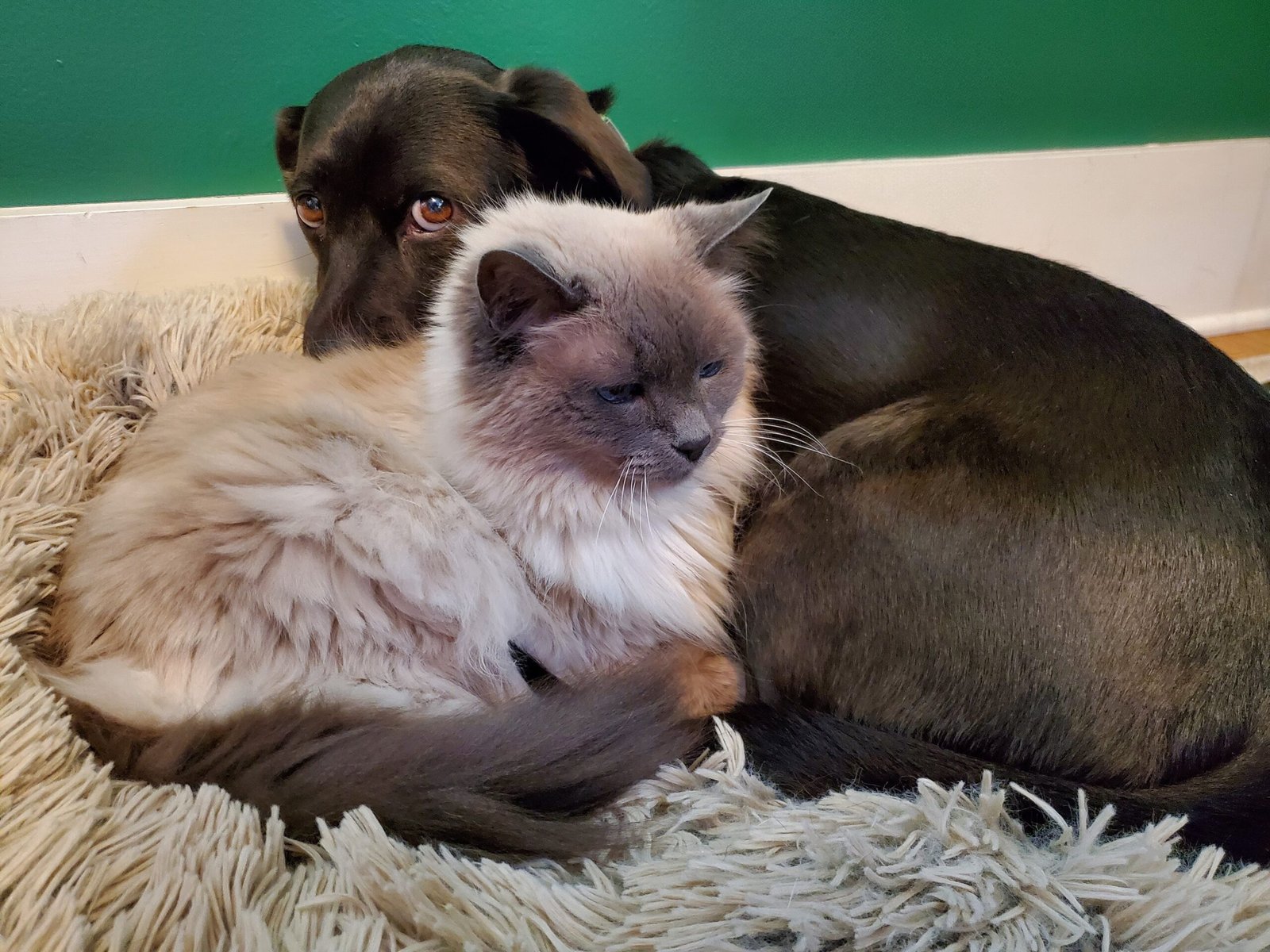
Physical affection is a language older cats often appreciate, though their preferences may change. Some seniors want more cuddles and lap time, seeking the warmth and reassurance of your touch. Others may prefer gentle petting or simply being near you without direct contact. Watch for signs of discomfort or pleasure, adjusting your approach accordingly. A soft brush or a warm lap can convey love in ways words never could. These moments of closeness reassure your cat that, no matter their age, they are cherished.
Monitoring for Signs of Anxiety or Depression
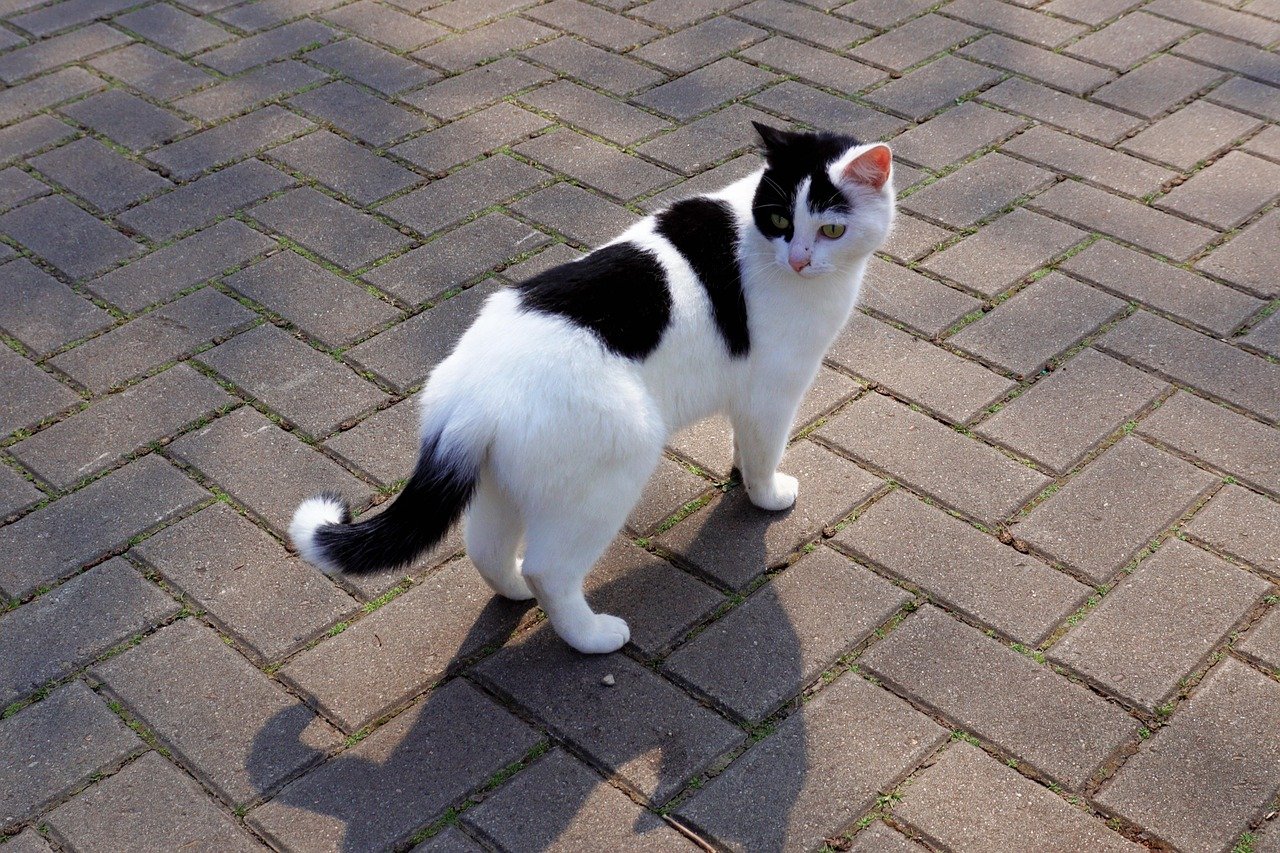
Anxiety and depression can sneak up on older cats, sometimes masked by changes in sleep or appetite. Watch for excessive hiding, vocalizing, or a lack of interest in formerly loved activities. Licking or grooming to the point of hair loss may also be a sign of emotional distress. Don’t dismiss these behaviors as “just getting old.” They could indicate that your cat needs extra support or even a visit to the vet. Early intervention can make a huge difference in your cat’s quality of life.
Addressing Loneliness and Social Needs
Senior cats can feel lonely, especially if they lose a companion animal or if your household becomes quieter. Some may seek out more human interaction, while others become more reserved. Spend quality time with your cat, even if it’s just sitting quietly together. Consider leaving a radio or soft music playing when you’re away to provide comforting background noise. If your cat is social, short, gentle visits from familiar friends can also help. Addressing loneliness reminds your cat that they are never truly alone.
Making Vet Visits Less Stressful
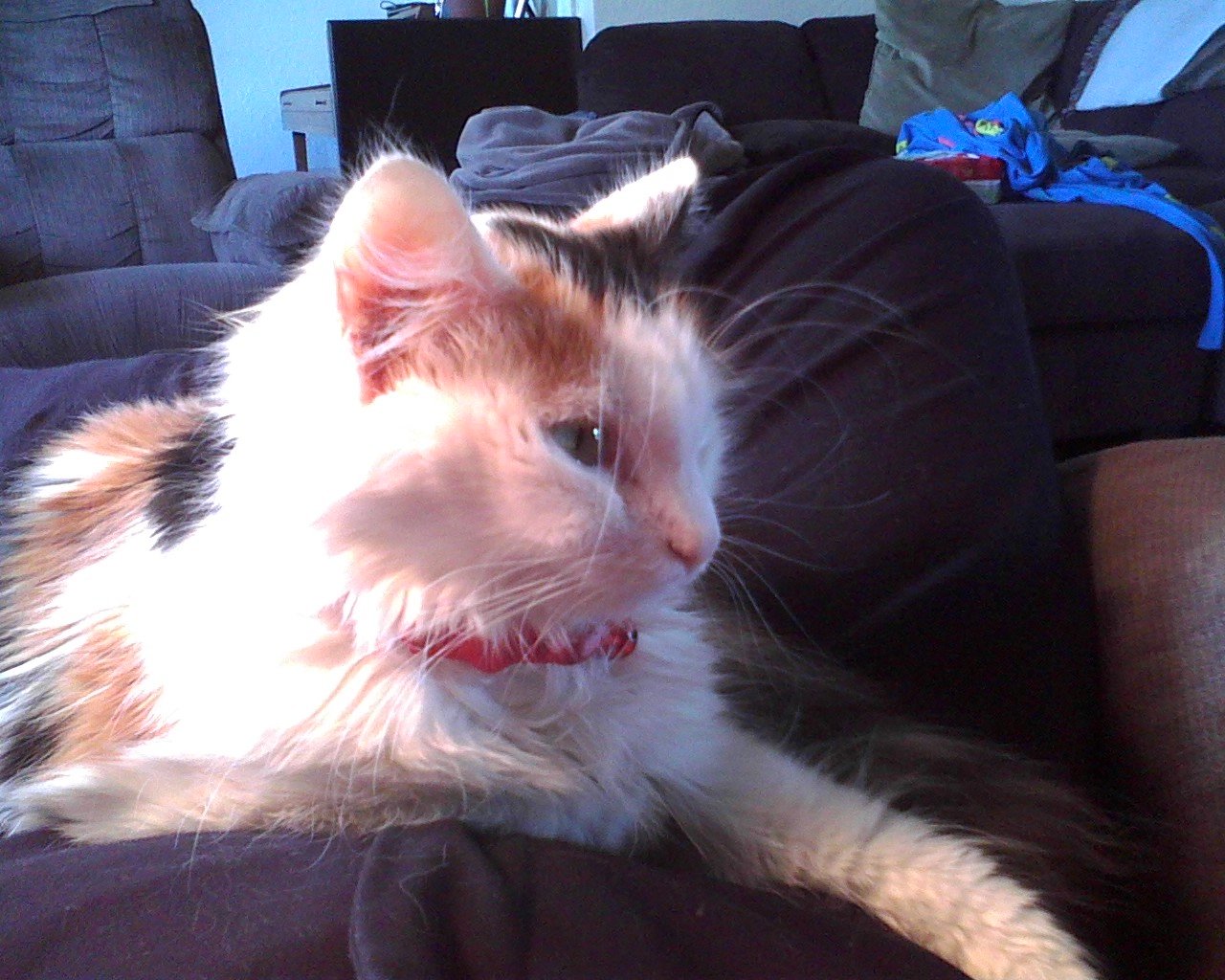
Trips to the vet can be emotionally taxing for older cats, but they’re necessary to monitor health. Help your cat feel safe by using a comfortable carrier lined with familiar bedding. Speak to them in soothing tones and avoid rushing the process. If possible, choose a cat-friendly clinic with quieter waiting areas. After the visit, reward your cat with treats or extra affection. Reducing the stress of vet visits can help your cat cope better with medical care and feel more secure overall.
Supporting Cognitive Health in Senior Cats
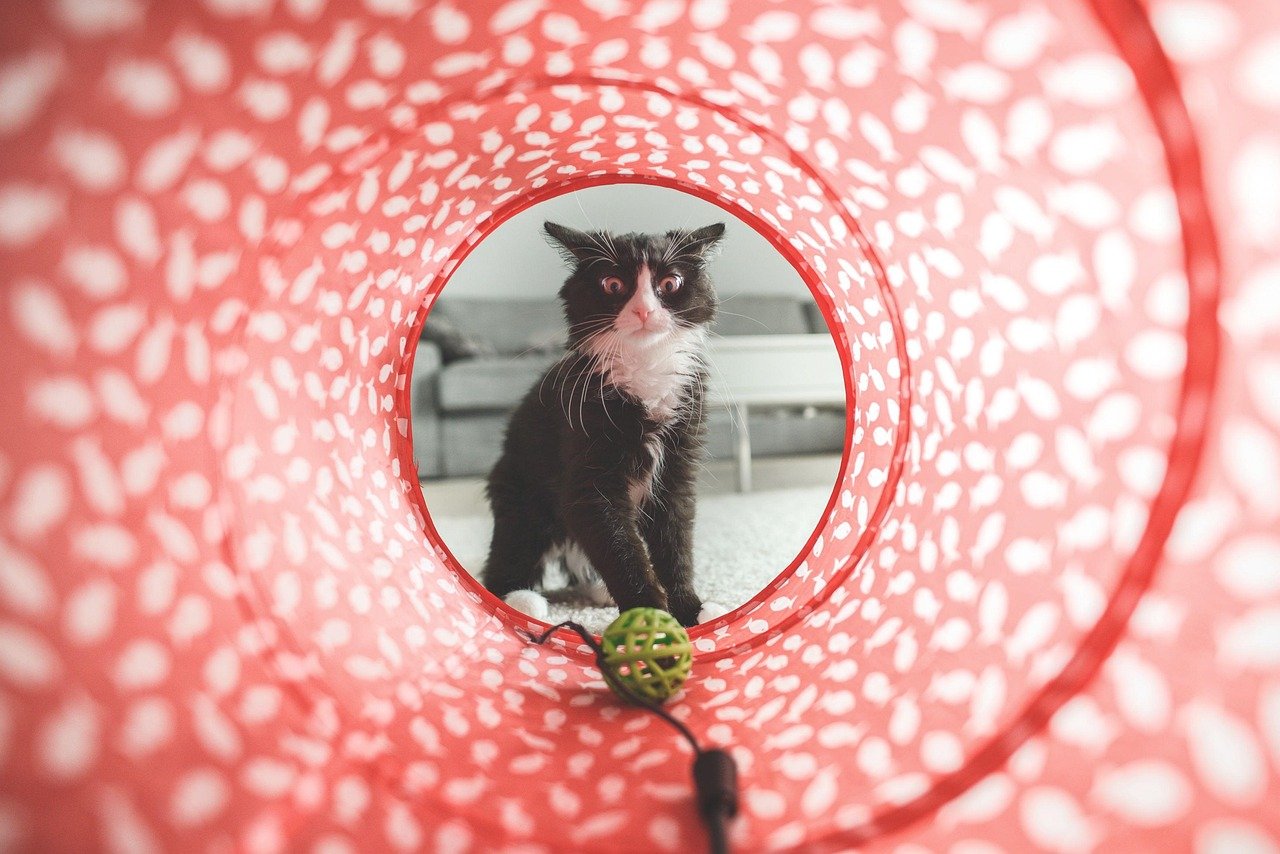
Cognitive decline, similar to dementia in humans, is a reality for many aging cats. Signs include confusion, disorientation, or forgetting routines. Engage your cat’s mind through gentle play, new scents, or interactive toys. Rotating toys and introducing new, safe experiences can keep their brain active. Even talking to your cat and using their name helps maintain their cognitive connections. Supporting their mind is as important as caring for their body, especially as they grow older.
Adjusting to Sensory Changes
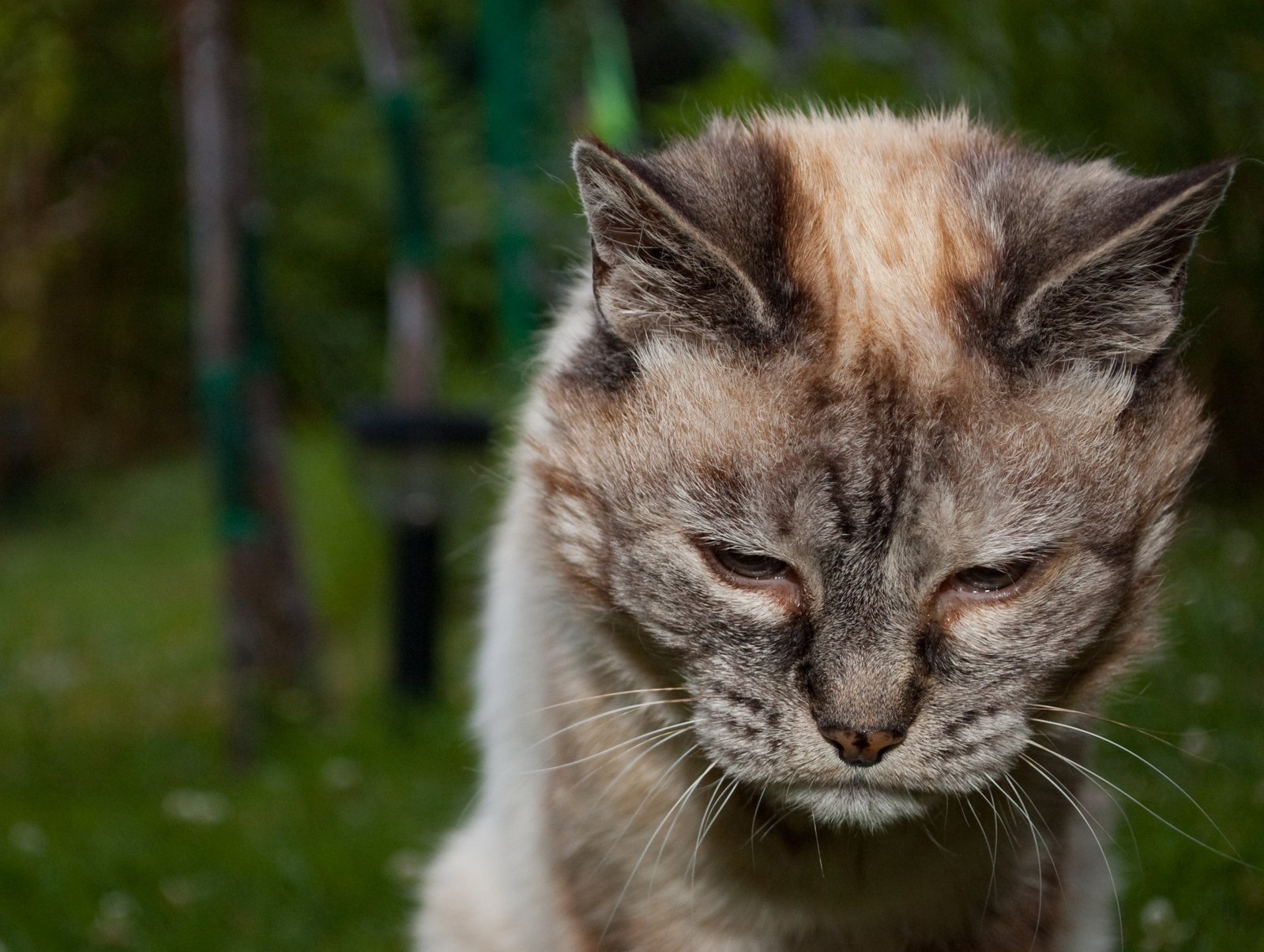
Older cats often experience diminished sight, hearing, or even smell. These changes can lead to increased anxiety or confusion, especially in unfamiliar settings. Help your cat adapt by keeping their environment predictable and well-lit. Use your voice to guide them if their vision fades, and approach them gently if their hearing is reduced. A consistent scent, like their favorite blanket, can provide comfort. Being mindful of sensory changes helps you respond with patience and understanding.
Providing a Safe Space for Retreat
Sometimes, older cats just need a quiet place to retreat and recharge. Create a designated safe space with soft bedding, away from busy parts of the house. This could be a cozy corner, a covered cat bed, or a spot on your bed. Respect their need for solitude, but check in to offer a gentle word or treat. Knowing they have a sanctuary can ease stress and help your cat feel in control of their world.
Using Calming Aids and Products
Calming aids can be a gentle way to support an anxious senior cat. Pheromone diffusers, calming sprays, or special collars release comforting scents that mimic natural feline signals. Herbal supplements or treats designed for relaxation may also help when used under a vet’s guidance. These products aren’t a cure-all, but they can provide extra comfort during times of stress or change. Always observe your cat’s response and consult your vet before introducing anything new.
Respecting Their Boundaries and Preferences
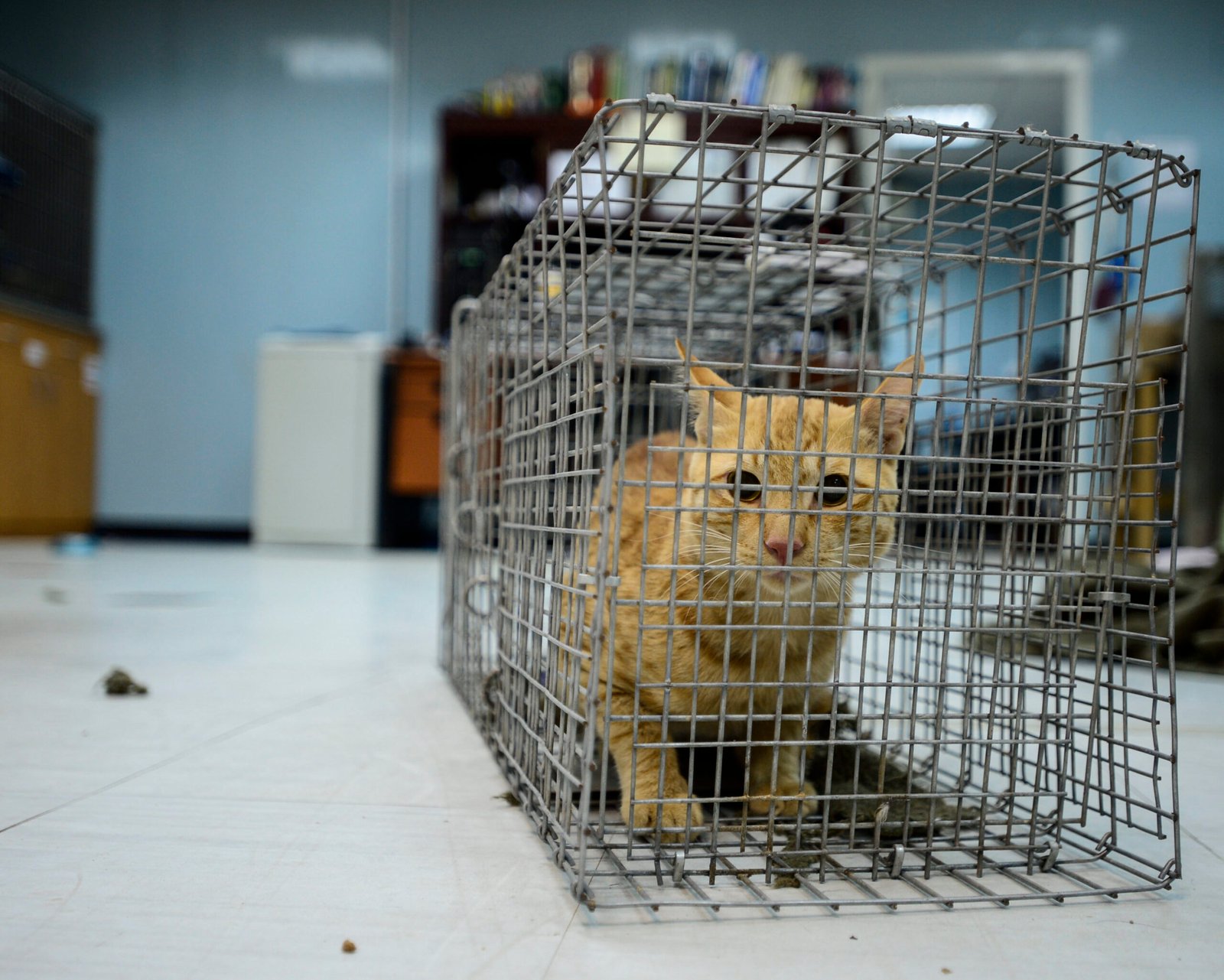
Older cats can become more particular about their likes and dislikes. They may turn up their nose at certain foods or reject a once-loved toy. Respect their changing preferences and avoid forcing interactions or activities. If they don’t want to be held, offer a nearby spot to sit together instead. Tailoring your care to their evolving needs shows deep respect for their individuality. Listening to your cat’s cues is a powerful way to support their emotional health.
Communicating With Your Cat
Communication goes beyond words—it’s about reading your cat’s body language, vocalizations, and habits. Speak softly and use their name often, reinforcing your bond. Watch their tail, ears, and eyes for signs of comfort or distress. Respond to their meows with attention, even if you don’t always understand the request. This ongoing “conversation” builds trust and reassures your cat that you are always listening.
Using Enrichment to Prevent Boredom
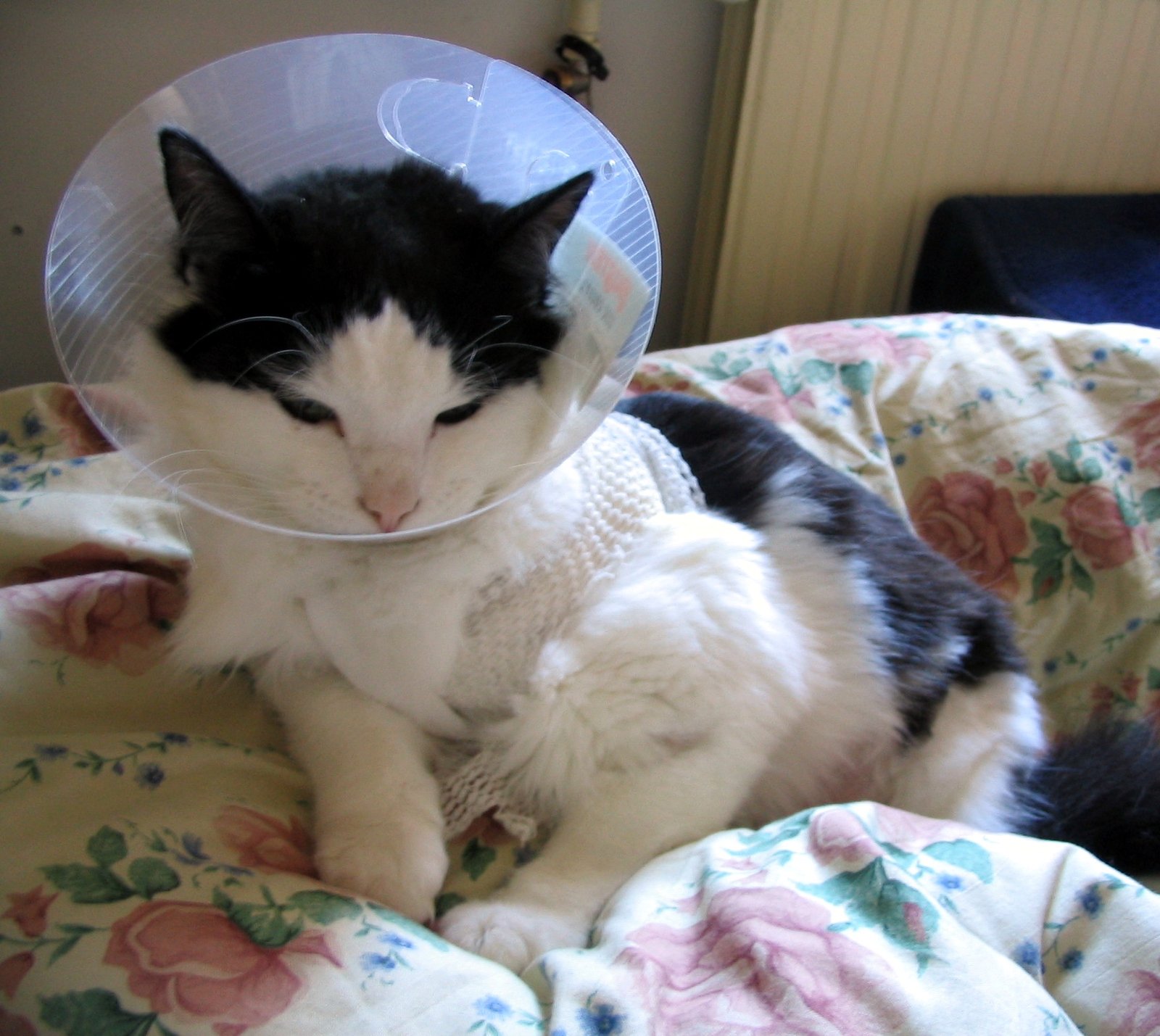
Boredom can lead to depression or destructive behaviors in senior cats. Enrich their environment with new toys, scratchers, or even window perches to watch the world go by. Rotate toys and introduce new scents or textures to keep things interesting. Puzzle feeders encourage natural hunting instincts and provide mental stimulation. Little changes can spark curiosity and make each day a little brighter for your aging companion.
Managing Household Changes with Sensitivity
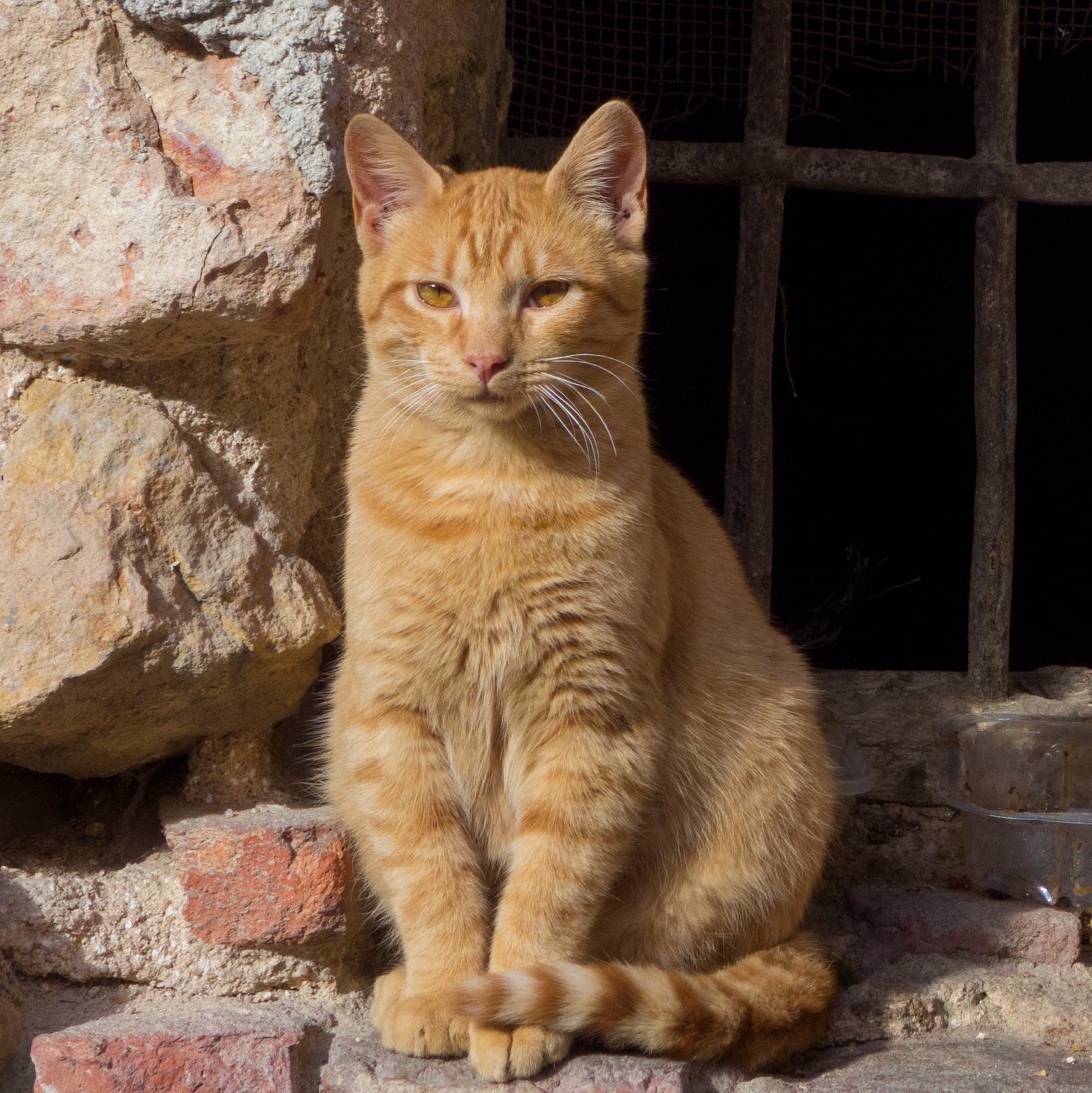
Life events—like a new baby, moving, or visitors—can unsettle an older cat’s emotional balance. Introduce changes gradually, giving your cat time to adjust. Make sure they have access to their safe space and maintain as much routine as possible. Offer extra reassurance through gentle petting or treats during stressful times. Sensitivity to household changes helps your cat feel included and protected, even as life evolves around them.
Encouraging Gentle Socialization When Appropriate
Senior cats may become more solitary, but gentle socialization can still benefit their emotional well-being. Invite calm, familiar people to interact with your cat, always respecting their boundaries. Allow your cat to approach at their own pace and offer treats as positive reinforcement. For multi-cat homes, monitor interactions to prevent bullying or stress. Positive social experiences can uplift your cat’s spirit and remind them of the joys of companionship.
Observing for Grief and Loss After Companions Depart
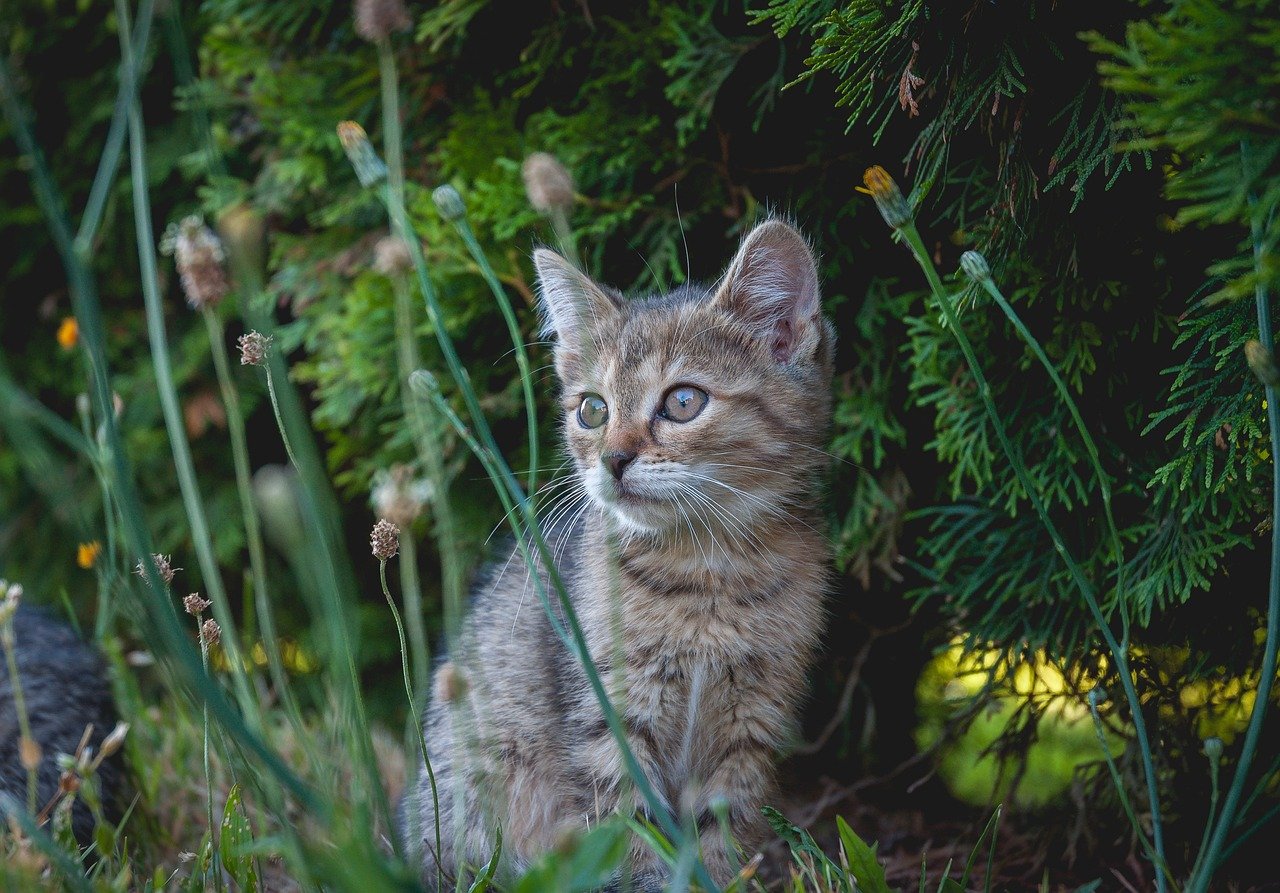
The loss of a feline or human companion can hit older cats hard, sometimes leading to withdrawal or depression. Give your cat time to grieve and watch for signs of distress, such as loss of appetite or listlessness. Spend extra time together and provide comfort through touch and gentle words. Sometimes, introducing a new companion helps, but only if your cat is open to it. Support during grief ensures your cat doesn’t feel abandoned in their time of need.
Seeking Professional Help When Needed
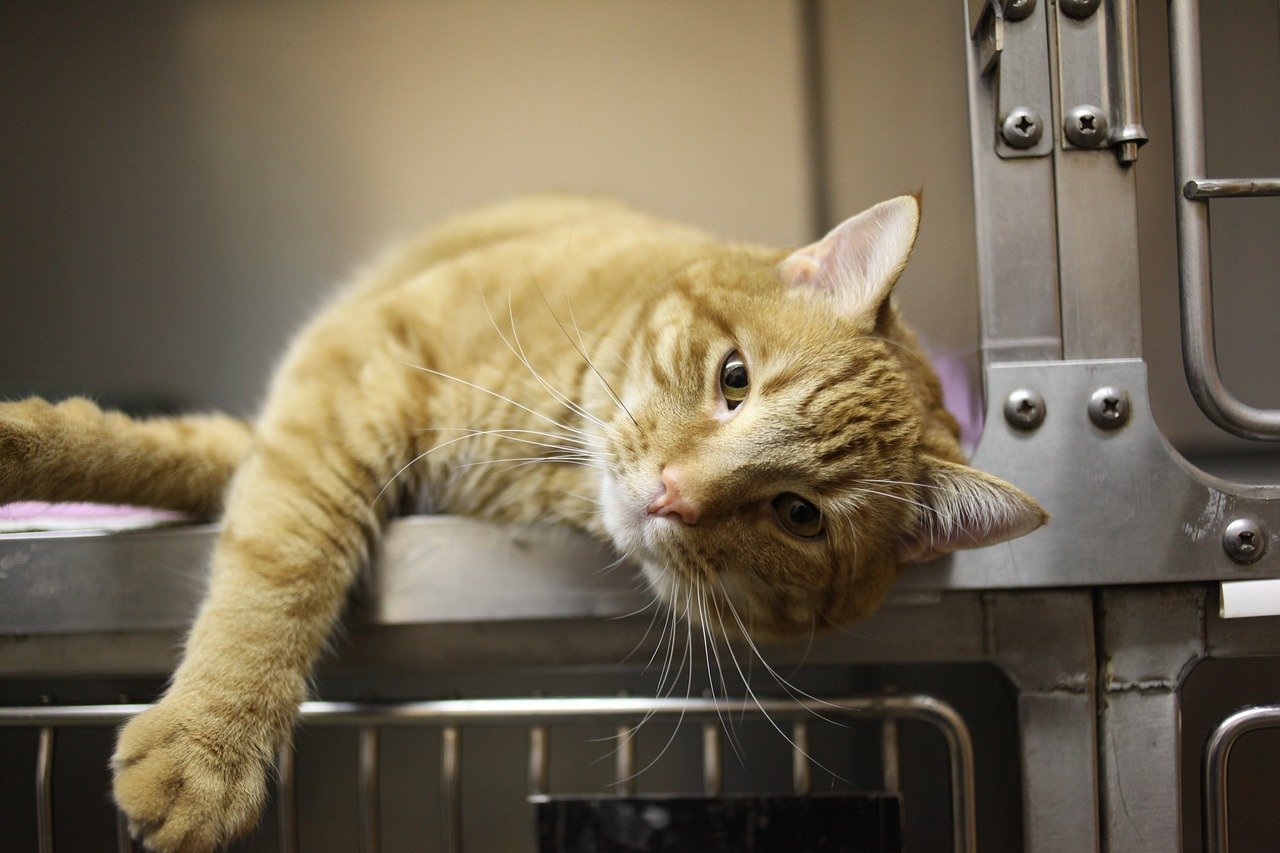
Sometimes, despite your best efforts, emotional changes may persist or worsen. Don’t hesitate to consult your veterinarian or a feline behaviorist. They can identify underlying medical issues or recommend strategies tailored to your cat’s needs. Professional guidance can offer peace of mind and practical solutions. Seeking help is a sign of love, not failure, ensuring your senior cat’s emotional health is always a top priority.
Celebrating the Bond and Making New Memories
Every moment with your senior cat is precious, and their emotional journey is a testament to the bond you share. Celebrate the small victories—purrs, headbutts, or simply sharing a sunbeam together. Create new memories through gentle play, photos, or special treats. Reminisce about their younger days while cherishing the wisdom and gentleness age brings. As you support your older cat through emotional changes, you’re building a legacy of love that lasts a lifetime.
Hi, I’m Bola, a passionate writer and creative strategist with a knack for crafting compelling content that educates, inspires, and connects. Over the years, I’ve honed my skills across various writing fields, including content creation, copywriting, online course development, and video scriptwriting.
When I’m not at my desk, you’ll find me exploring new ideas, reading books, or brainstorming creative ways to solve challenges. I believe that words have the power to transform, and I’m here to help you leverage that power for success.
Thanks for stopping by, Keep coming to this website to checkout new articles form me. You’d always love it!





